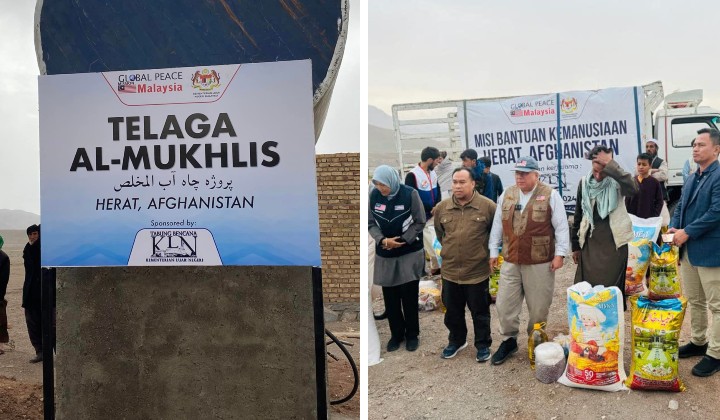Malaysia adopts key policies to ensure sustainable palm oil cultivation

Primary Industries Minister Teresa Kok has explained that Malaysia has adopted several key policies to ensure sustainable oil palm cultivation.

Speaking at the 39th Palm Oil Familiarisation Programme (POFP) in Putrajaya today (Sept 23), Teresa Kok told 34 participants from 19 countries that the key policies show Malaysia’s commitment in proving that the oil palm industry is sustainable and adhered to international and national standard requirements.
Based on her statement, these are the key policies mentioned:
- Capping of the total oil palm cultivated area to 6.5 million hectares
- Stopping planting of oil palm in peatland areas
- Strengthening regulations concerning existing oil palm cultivation on peatland
- Banning conversion of forest reserve areas for oil palm cultivation
- Pledged to make oil palm plantation maps available for public access

“We are committed to maintaining at least 50 percent of our land under forest and green cover.
“The latest figures reported that about 55.6 percent of Malaysia’s 33 million hectare-land area is under forest cover as of 2017.”
Primary Industries Minister Teresa Kok via Malaysiakini
The key policies are part of the Malaysian Sustainable Palm Oil certification (MSPO).
Introduced in 2015, MSPO certification is exclusively for palm oil that is sustainably and responsibly grown and produced in Malaysia.
Under MSPO, the Malaysian government made it mandatory for all oil palm planters and smallholders in the country to obtain the certification by the end of 2019.
Do you think the palm oil industry in Malaysia is truly sustainable? Share your thoughts with us on our Facebook, Twitter and Instagram!
Starving forensic investigator turned writer cause she couldn't find a job. Used to search for killers now searches for killer stories.





